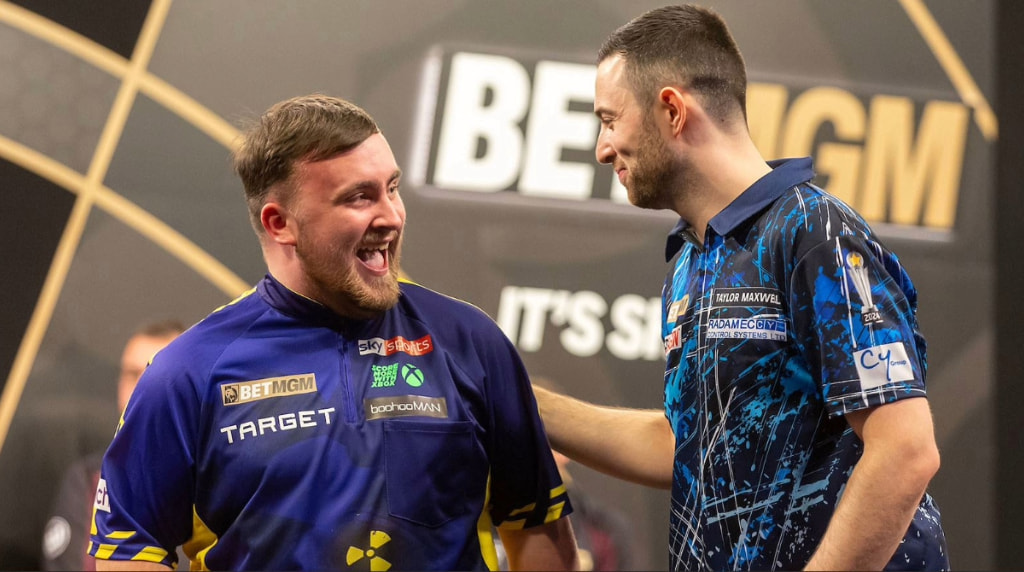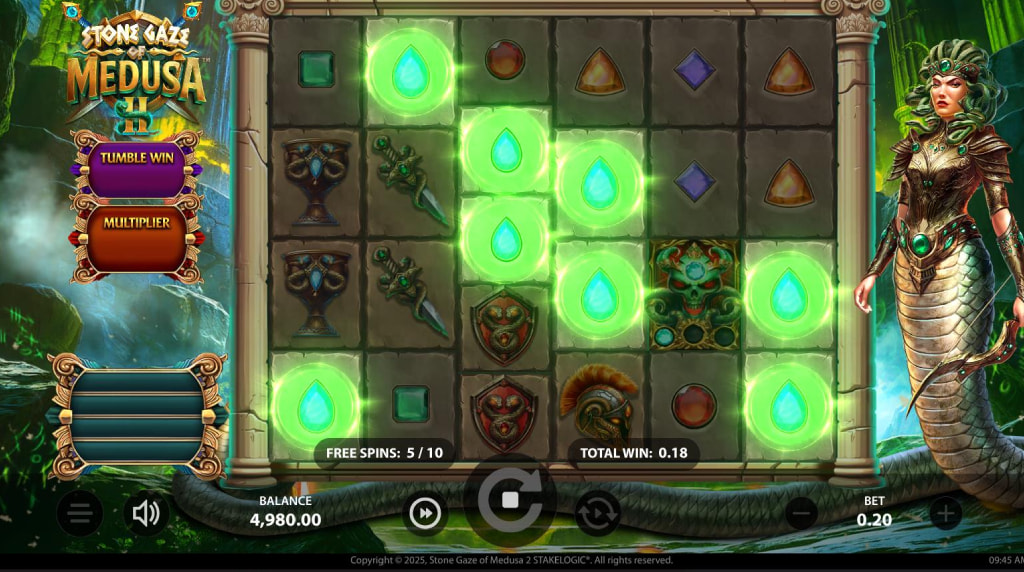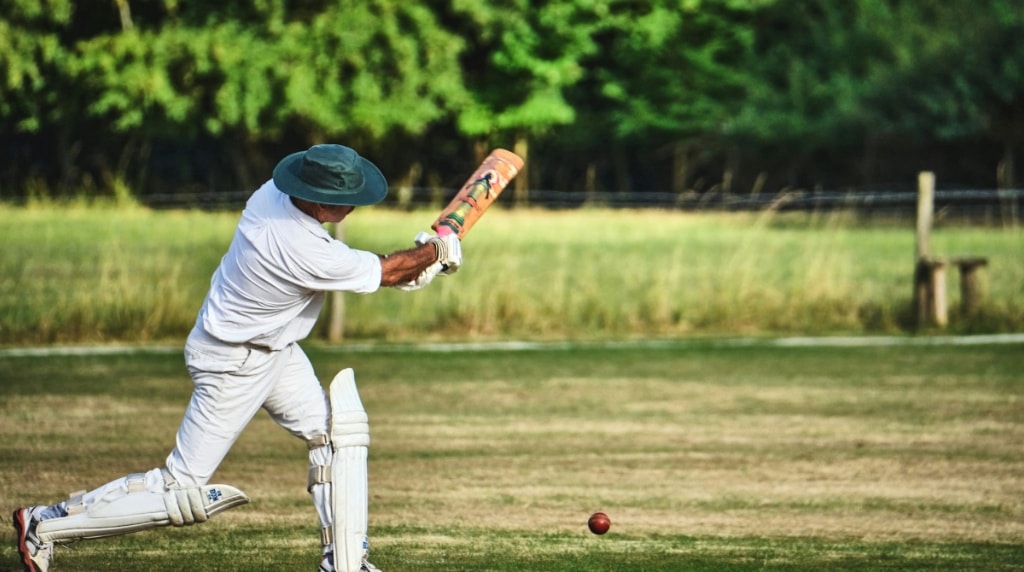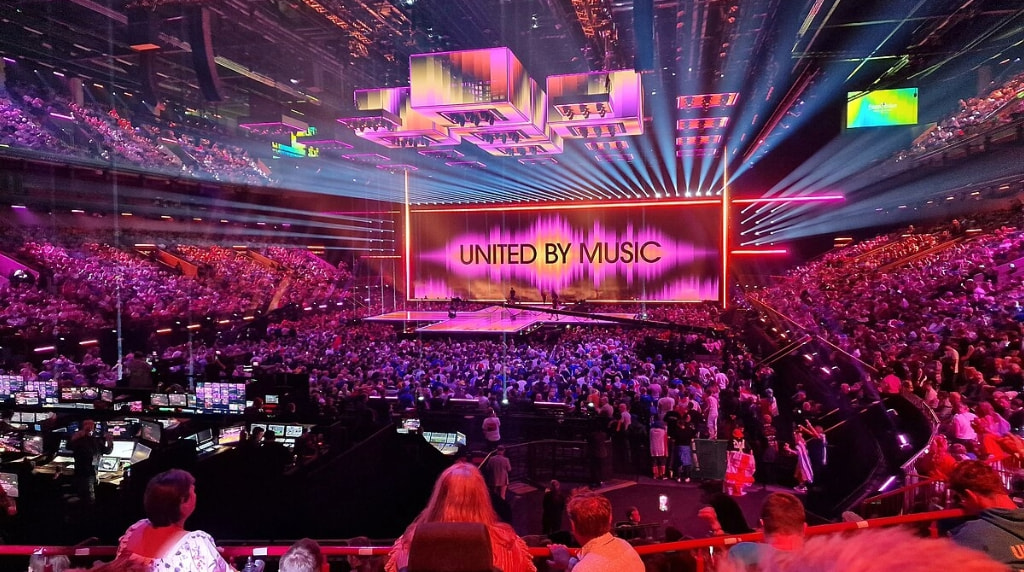Qatari Sovereign Wealth Efforts to Buy Manchester United
Sheikh Jassim of Qatar remains in a deadlock acquisition battle against the British Billionaire James Ratcliffe, but it looks increasingly likely the Brit will prevail. Both sides are trying to convince the current owners that they’re worthy patrons for the club. The Glazer family have owned Manchester United for well over a decade, but following years of fan disgruntlement and poor financial performance on their investment, they have been looking to divest their prized asset.

Manchester United is the focus of an acquisition battle, three parties are involved in the race to own the treasured club that has been such a relic in the history of global football.©KelvinStuttard/Pixabay
As it currently sits, Jim Ratcliffe looks to be in a commanding position to succeed the Glazer family as the owner of Manchester United. His bid is compelling for a number of reasons, most notably his experience owning and leading elite sporting organizations such as French Ligue 1 football team OGC Nice, and the INEOS Grenadiers cycling team. As the chief of INEOS Group, Jim Ratcliffe has overseen one of the world’s biggest industrial companies and has covered swathes of the global production and procurement markets for industry chemical products.
There also remains the fact that Manchester United shareholders feel more comfortable selling to a business owner that is of British heritage like Jim Ratcliffe. The Reds are keen to avoid following the same blueprint as Manchester City and Newcastle and opening themselves up to criticism of losing control of the club to foreign sovereign wealth and want to bring the club back under British ownership.
On the opposite side of the deal, Sheikh Jassim is trying to sweeten his pitch. Certain amenities have been promised if he were to take over, most notably his ability to host NFL matches in Qatar under the Manchester United club branding. However, compared to the compelling offer being made by INEOS and Jim Ratcliffe, it’s a non-starter.
Qatari Interest in the Premier League is Deeply Rooted
With an eye on expanding their portfolio, Qatari funds have turned their attention to the Premier League in recent decades, widely regarded as the most prestigious football league in the world. The allure of owning a Premier League club lies not only in the financial gains but also in the global exposure and influence it brings. It’s not just Qatari wealth – Saudi Arabian sovereign funds now own Newcastle United too, with the advantage of “sports washing” being an all too apparent attraction for these groups interested in re-branding the image of their country in the west.
Manchester United is just the latest club to find itself in the crosshairs of sovereign wealth funds from the middle east. The Red Devils, one of the most iconic and valuable football brands globally, have caught the attention of QIA due to their rich history, global fanbase, and commercial potential. These key business drivers make it a confident bet and an ideal place to deploy capital.
Qatar’s interest in Manchester United stems from a desire to further strengthen its presence in the football world and elevate the club to even greater heights. The Qatari investors see immense potential in leveraging their expertise and financial backing to enhance the club’s performance on the field and maximize its commercial opportunities off the field.
Large Blockers Remain for Sheik Jassim to Close the Deal
While purchasing Manchester United remains the focus of Sheikh Jassim and the Qatari sovereign wealth fund, there remain a number of major blockers in closing the deal. Not least is the support of the Manchester United fan base, winning the support of their supporters will be key to get the deal through. As the fans of the Red Devils have displayed in the past, if they do not support an initiative it will unlikely be able to succeed in practice.
In a technical sense, acquiring a Premier League club involves navigating stringent regulations and satisfying the league’s ownership criteria. This process entails demonstrating financial stability, passing fit-and-proper tests, and complying with ownership disclosure requirements. Meeting these criteria could pose a substantial obstacle to the Qatari consortium. The Premier League is a highly competitive environment and any acquisition is likely to face scrutiny from rival clubs and existing owners. Potential resistance from the Glazer family could further complicate the negotiations and drive up the price.



